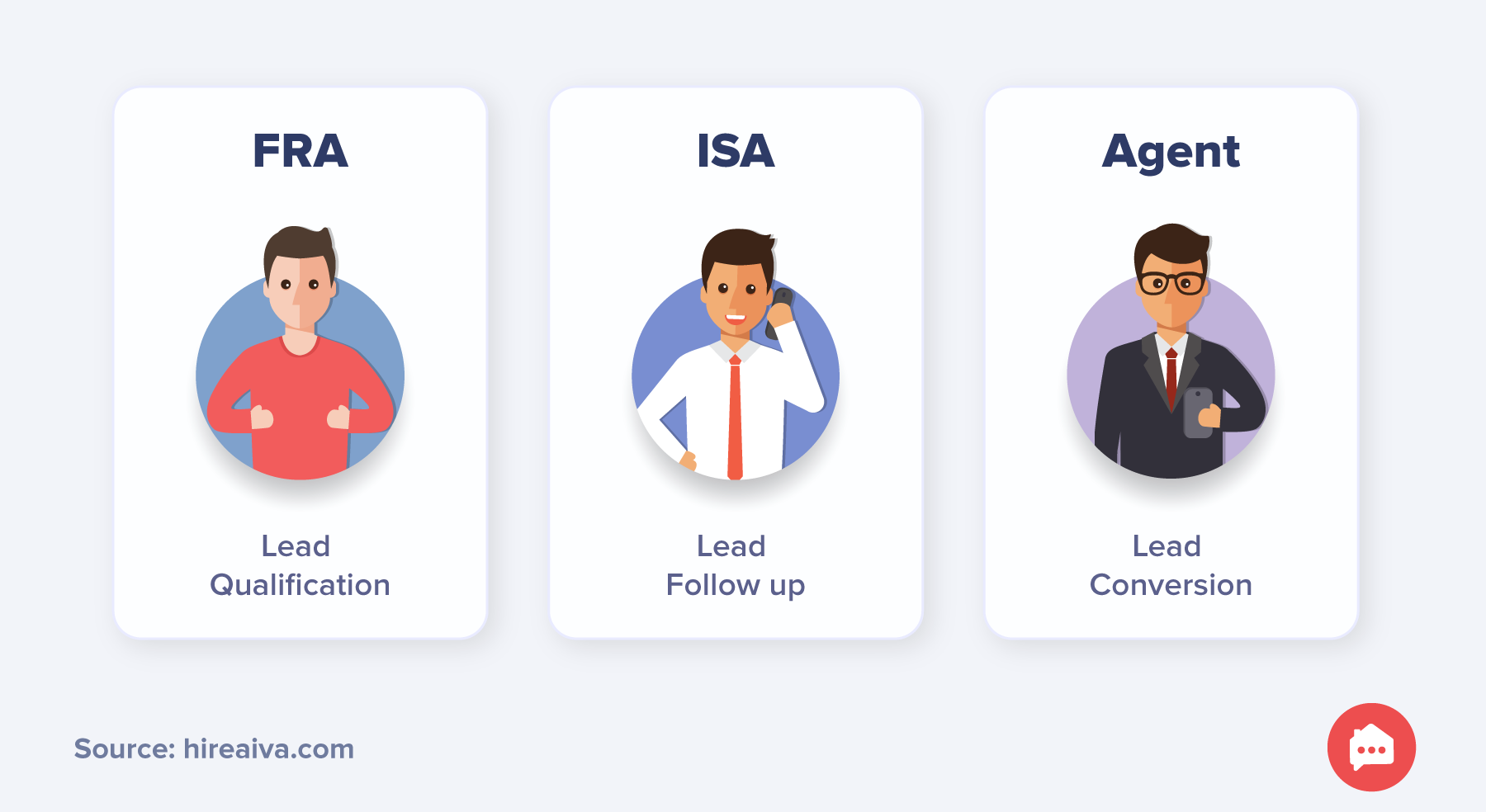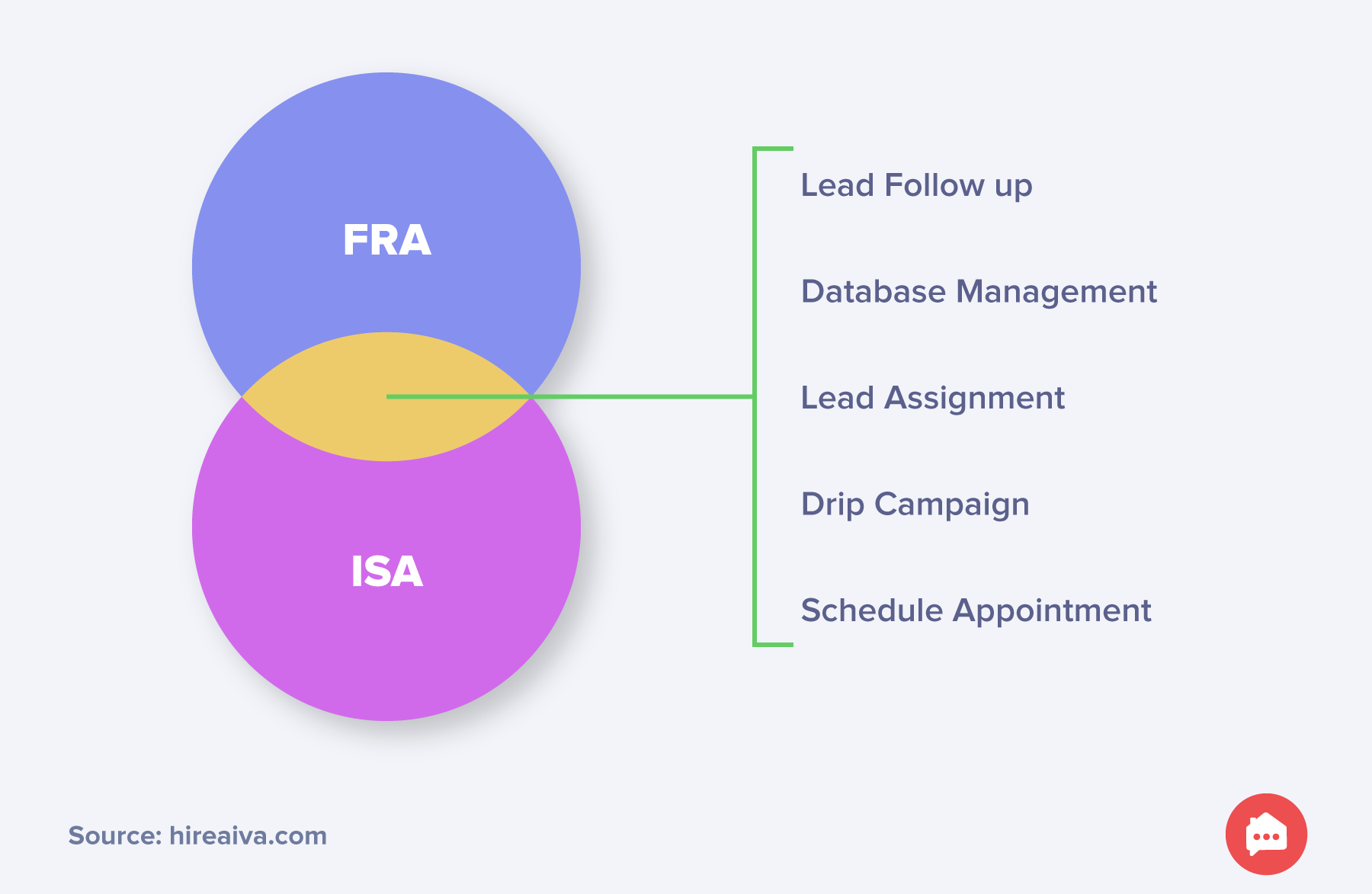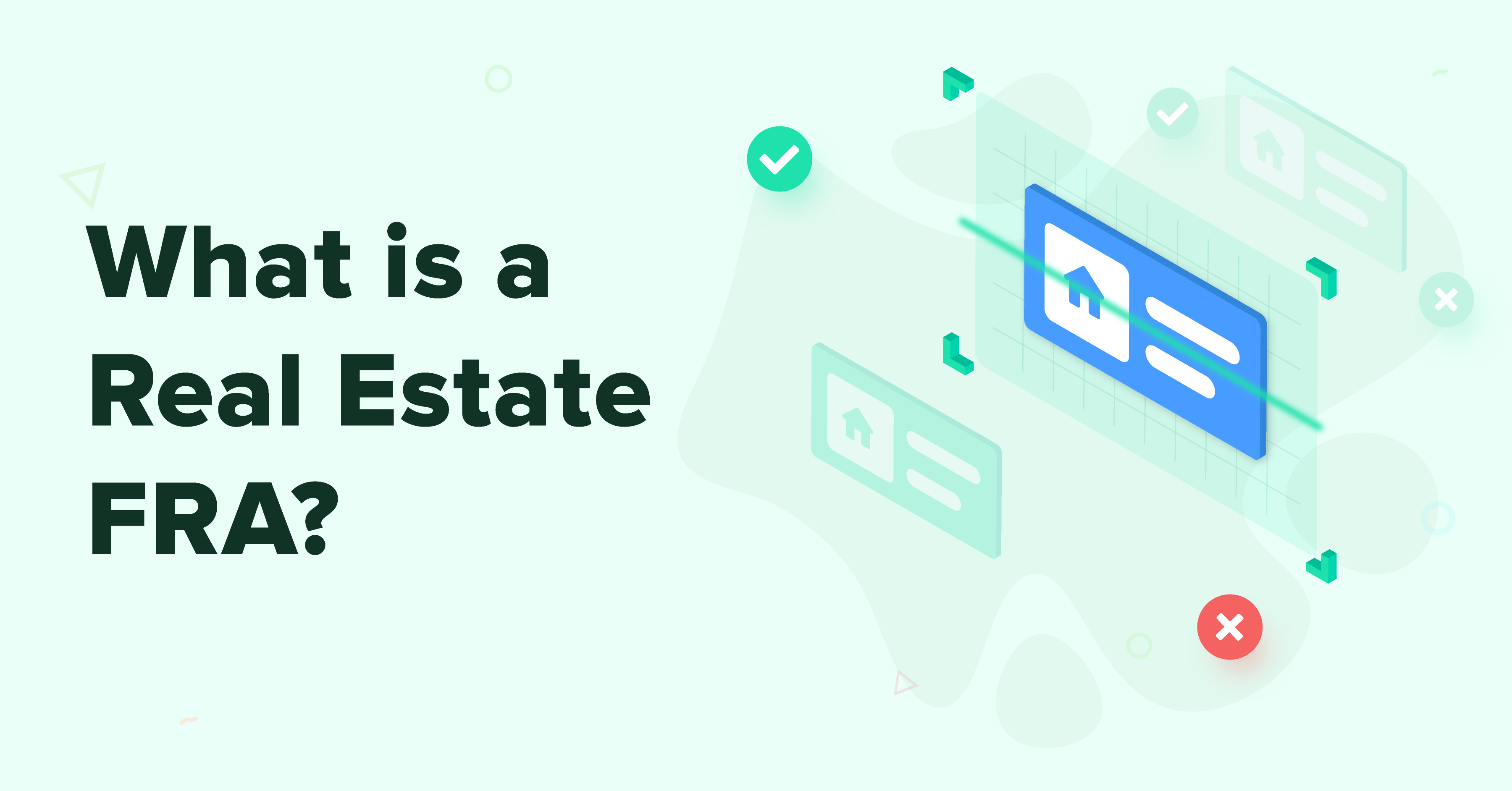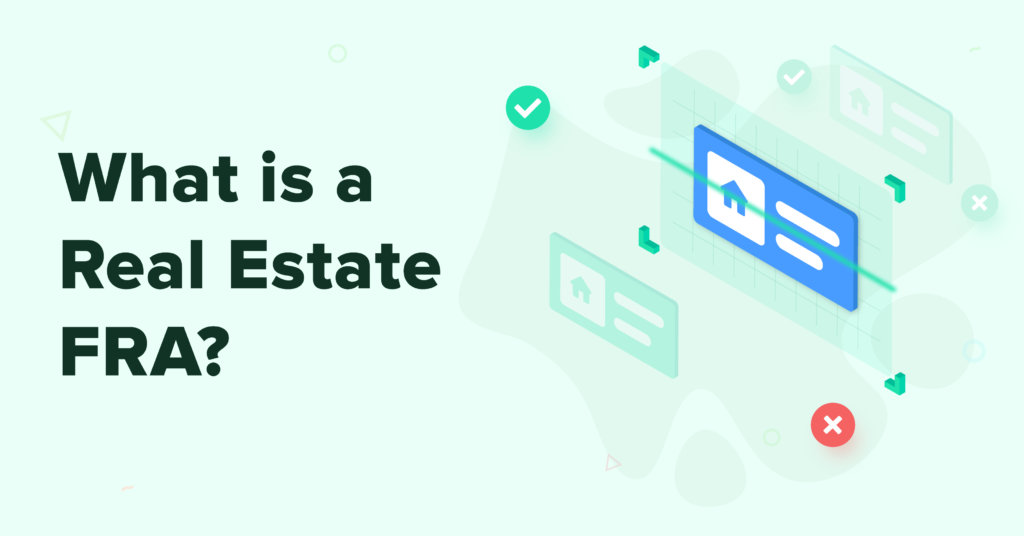
Having trouble keeping up with your online real estate leads? Learn how an FRA can help you stay on top of your lead follow up.
There’s no escaping the fact that online leads have become integral to the real estate business model. In fact, according to NAR, more than 80% of home buyers find online information useful and prefer consulting an agent before they make a decision. If you are looking to grow your real estate business, you simply cannot ignore online leads.
Online leads, however, are a double-edged sword. On one end, they are cheap to generate and highly scalable. You can hop on over to Facebook and start picking up leads at $2 to $5 a pop. On the other end, they convert at incredibly low rates. For example, our research shows that on average you need to generate 100 pay-per-click (PPC) leads just to close a single deal.
The good news is that the economics work. For example, the cost to generate a 100 PPC leads is around $1,500 (assuming a conservative $15 per lead), and the average commission check is around $4,000, the ROI is clearly there!
However, the sheer volume of leads you need to generate in order to close a deal makes your life difficult. Each lead needs at least 10 to 12 touch points, multiply that by a 100 leads a month, you’re looking at a full time job just contacting and qualifying leads!
If you find yourself constantly contacting and chasing down leads, you should think about hiring a First Response Agent or FRA.
What is a First Response Agent?
A real estate First Response Agent or an FRA is your real estate business’ first line of contact with online leads. An FRA is responsible for qualifying online real estate leads across a list of criteria to help you assess how ready your leads are to transact.
In other words, first response agents separate the good leads from the bad ones. They ensure hot leads go right to your agents to be converted, and partially qualified leads go straight to your ISAs to be nurtured over the long term.

What does an FRA do?
It is not incorrect to say that the first response agent is solely responsible for qualifying inbound leads, your ISAs for nurturing and following up with bad ones, and your agents for converting leads.
Apart from qualifying and transferring leads to the right person, an FRA has a host of other responsibilities that indirectly help in boosting lead conversion rates in a competitive real estate market including:
- Managing the entire lead qualification process for inbound leads
- Following up with new inbound leads using calls, texts, and/or emails instantly
- Scheduling qualified leads on appointments with Agents
- Handover partially qualified leads to your ISAs
- Managing your lead database in a real estate CRM
- Help your ISAs draft scripts and email drip campaigns for long term follow up
What makes a Successful FRA?
Successful FRAs are highly motivated individuals aspiring to become an ISA or a real estate agent someday. They have an interest in real estate and can easily communicate with people, especially strangers, off the internet! FRAs must also be able to thrive in a competitive, but healthy, sales environment, and be able to consistently meet targets and goals.
Lastly, FRAs must be open to working on a shifted time schedule, in fact, the vast majority of real estate leads respond outside of business hours. It is a good idea to have your FRAs work in the early mornings or late evenings to ensure they get the most responses.
If you need to put this all in a job description, here are all the skills and qualities an FRA needs to have to succeed:
- Excellent spoken communication skills
- Phone skills and ability to use the right tonality to fix appointments
- Ability to memorize and use relevant real estate phone scripts
- Should be skilled in accurately find the buyer’s current stage in the home buying funnel
- Should have excellent time management and organizational skills
- Should be ready to work in shifts as a majority of leads reply outside business hours
- Prior experience in real estate should be a plus
How is an FRA different from an ISA?
If you already have an ISA team or thinking about building one someday, you might be wondering doesn’t an FRA seem awfully similar to an ISA?

While there are similarities between the two roles, the key difference between an FRA and ISA is the depth of engagement they have with a lead. While an ISA is a highly trained salesperson equipped to handle complex real estate situations, FRAs simply focus on serving as an initial filter for your online leads. Consequently, FRAs command a much lower salary and are easier to ramp up than ISAs would be since FRAs require less experience and training to be productive.
With online leads converting at abysmally low rates, would you rather have your trained ISAs spend their time chasing after teenagers who submitted their information on Zillow or engaging with serious partially qualified leads who need some more time before they’re ready to transact?
While online leads have the potential to be a major business driver for agents, they convert at significantly low percentages which makes filtering them a high-input-low-output job. Hiring a real estate FRA can help your team effectively cut down on a large chunk of effort and focus on the leads that really matter.
 Aiva
Aiva





